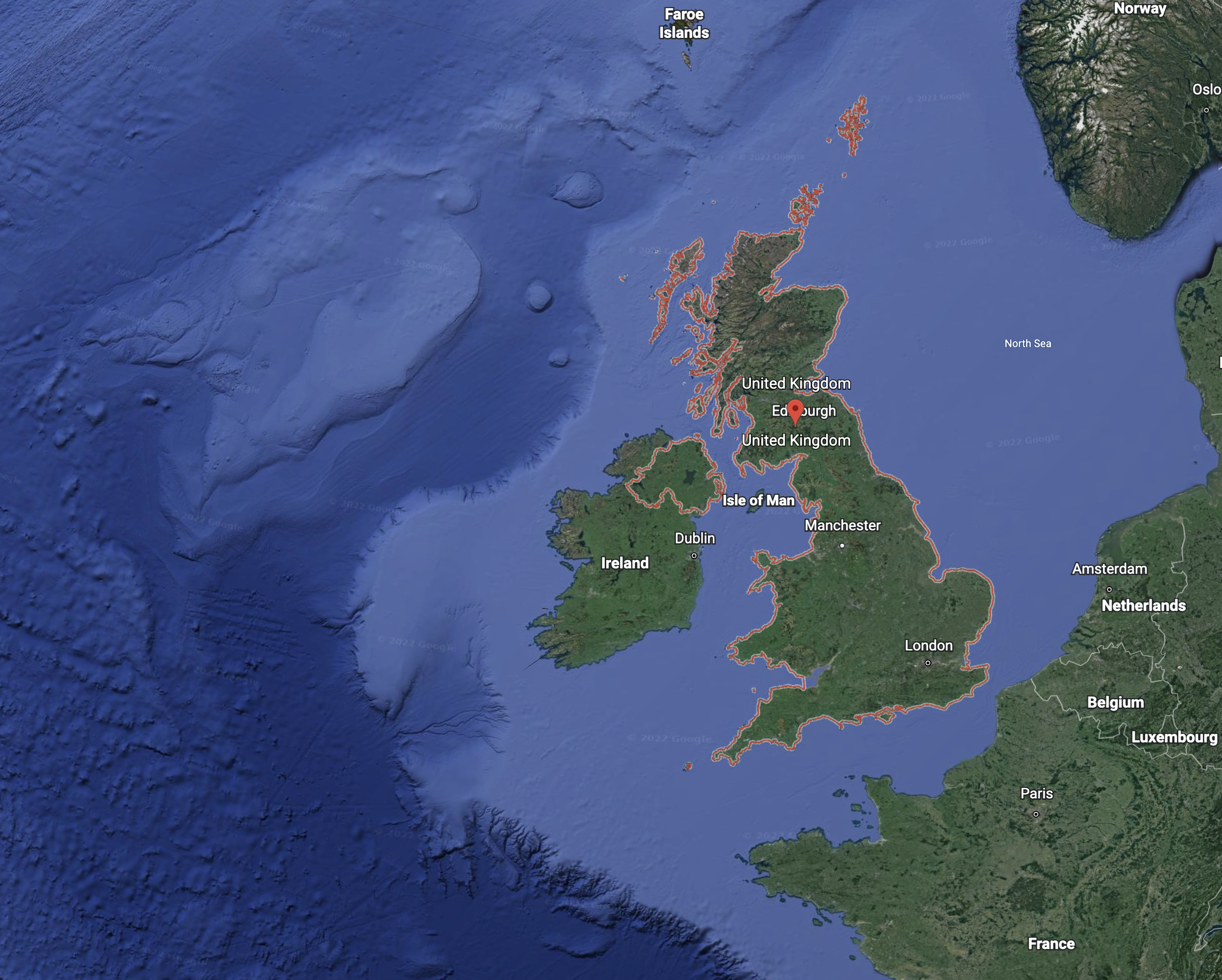
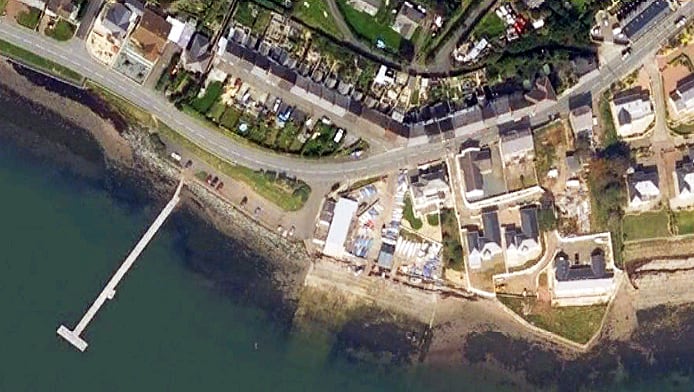
I had been haunted by homosexual thoughts and indulgences for some time. But with being 16 and within easy reach of an internet enabled computer at home, they were getting hard to ignore. How the Bible was taught to me I knew that this really wasn’t something I should be making a habit of as a “good Christian”, especially someone who was leading the school’s Christian Union in fellowship, and every so often being allowed to preach to my entire school and even at church.
Coming out to my parents, making a statement that I was gay, was surprisingly rather subdued. It was just after Graham Norton’s chat show – probably not the finest of timings with his camp japery still zinging off the credit roll, but certainly the most apt. I turned off the set and said, “Mum. Dad. I’m gay.”
“We know,” said Dad. Apparently there’s something called an internet history that can be one hell of a give away if not properly cleared out. There was no drama. No brimstone. No tears. Just an oddly dull clearing of the air.
They had always wanted me to come to them about it rather than them confronting me about my online shenanigans. They had already accepted my disposition before I’d come to admit it, something which I’m still very grateful for. After a bit of a discussion about what it meant to them as my parents, I told them what it meant to me as a Christian and informed them of my resolve to reconcile my urges with my faith. I had their full support. Coming out to friends was similar. Despite a few initial awkward shocks, particularly from my best friend, everyone had either already sussed it out or simply didn’t care.
But then things took a downer. I started to hate myself for not being able to control my urges. I was unceremoniously thrown out of the Christian Union for being honest about my sexuality and the conflict I openly acknowledged it caused with my faith. Christian “friends” started to blank me because I apparently wasn’t making enough effort or “progress” in becoming the good straight Christian God demanded me to be. I was denounced by a member of my own church as a heretic. At one point I even got exorcised of my “gay demons”, something which despite wanting to be straight gravely insulted and upset me. Because of this I had become emotionally fragile, volatile, and incredibly depressed.
But at some point I was fortunate to realise that there was no cure or answer. I had done nothing to bring about my sexuality. I had not asked for it, yet it was there. But why was I looking for a solution in the one thing–religion–that was only making things worse? I had been sat crying alone and skipping class in a solitary stairwell in high school when I had this revelation. Then everything changed.
That moment was my real coming out. Whilst many find affirmation in a statement, I had to go beyond that. I had made the statement and was accepted by those that meant the most to me – my family, and my real friends. But little did I know that I had to accept myself, be honest about myself, and know that I wasn’t evil, possessed, or simply not strong enough.
These days I’m no longer a Christian. Twelve years on and I’m unfortunately having to cope with the damage to my mental health that the entire episode has caused. But I’m happier than I could ever imagine myself be if it hadn’t have been for that epiphany. My parents still love and support me. Yes, they’d rather I’d be straight and in church, but that’s by the by. And my friends are still there too, including some Christian friends who decided to accept and respect me rather than deny me. They’re all happier that I’m happier and finally who I was always meant to be.
Coming out is tricky. There’s always that expectation of a pride parade in your honour, or the fear of being chased by a lynching mob – turned out and torn up. Even if those extremes do or do not happen, saying what you are, for me at least, was just the first step in coming out. Being comfortable with who you say you are is its completion.





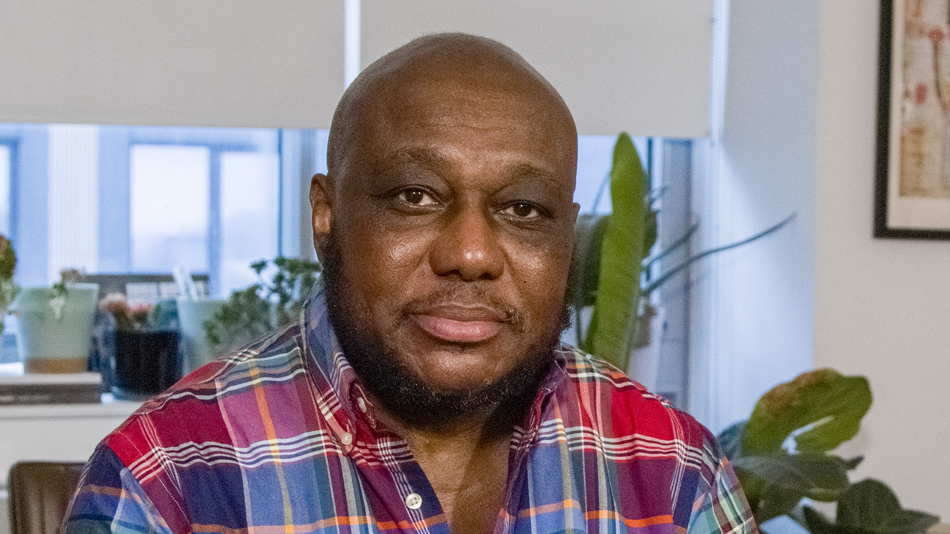
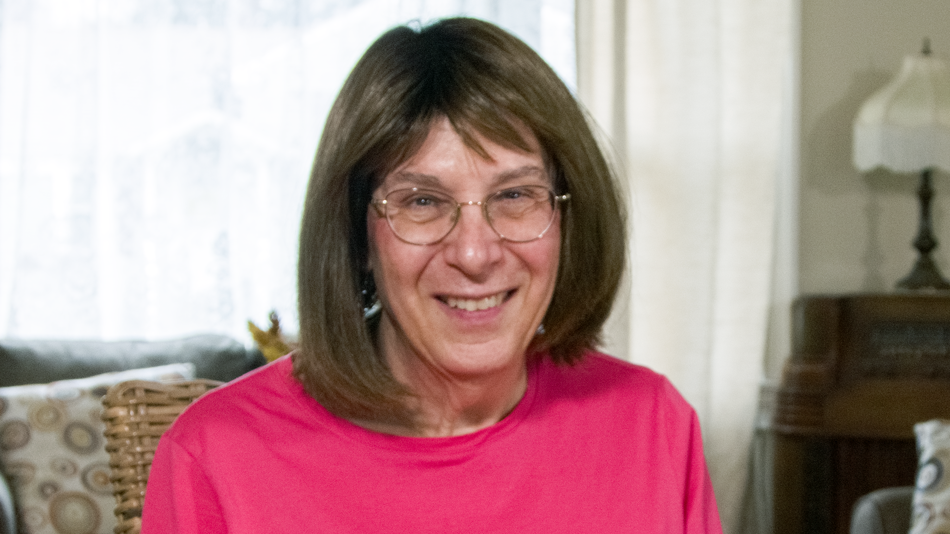
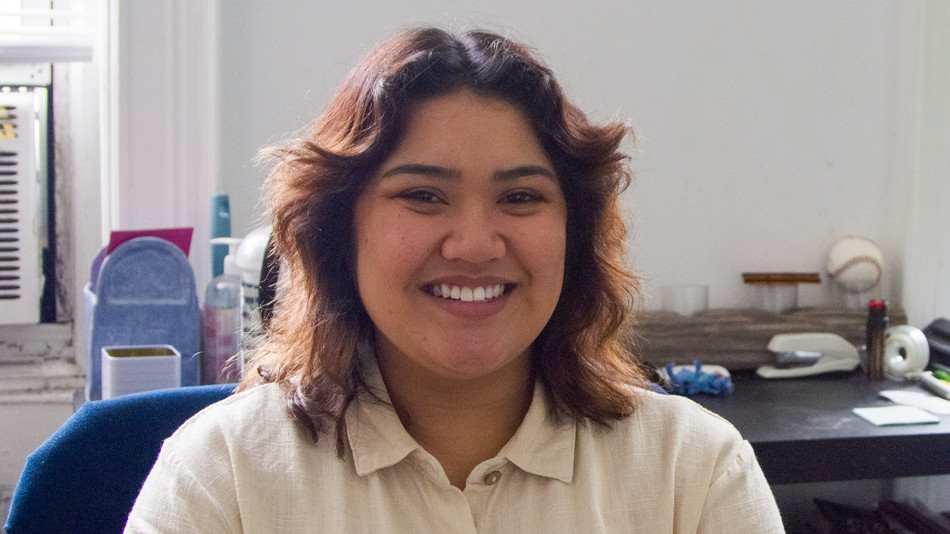
Share